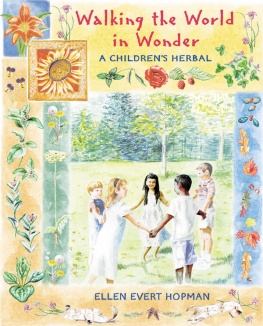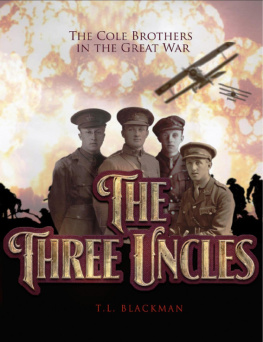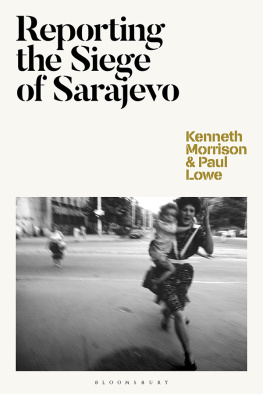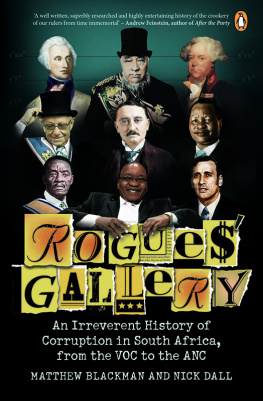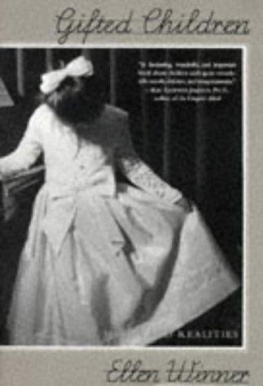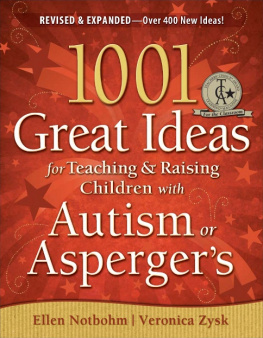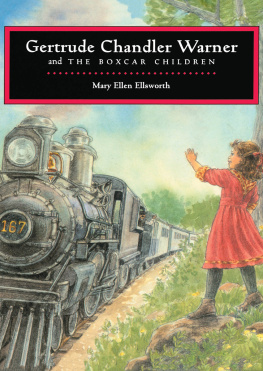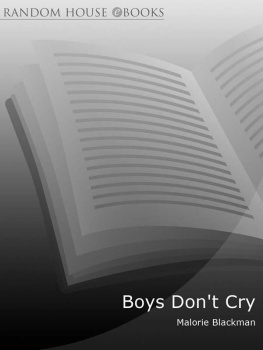HARVEST IN THE SNOW

HARVEST IN THE SNOW
My Crusade to Rescue the Lost Children of Bosnia
ELLEN BLACKMAN

First paperback edition 2003
Copyright 1997 by Potoma Books, Inc.
Published in the United States by Brasseys, Inc. All rights reserved under International and Pan-American Copyright Conventions. No part of this book may be reproduced without permission in writing from the publisher.
Maps by Albert D. McJoynt.
Library of Congress Cataloging-in-Publication Data
Blackman, Ellen.
Harvest in the snow : my crusade to rescue the lost children of Bosnia / Ellen Blackman. 1st ed.
p. cm.
Includes bibliographical references and index.
ISBN 1-57488-085-3 (alk. paper)ISBN 1-57488-599-5
1. Blackman, Ellen. 2. Yugoslav War, 1991- ChildrenBosnia and HercegovinaSarajevo. 3. Yugoslav War, 1991- Medical careBosnia and HercegovinaSarajevo. 4. SarajevoHistorySiege, 1992-1996Personal narratives, American. 5. JournalistsUnited StatesBiography. 6. JournalistsBosnia and HercegovinaSarajevoBiography. I. Title.
DR1313.7.C56B58 1997
949.703dc21 96-49218
Potomac Books, Inc.
22841 Quicksilver Drive
Dulles, Virginia 20166
First Edition
10 9 8 7 6 5 4 3 2
Printed in the United States of America on acid-free paper that meets the American National Standards Institute Z39-48 Standard
To Jana, to the spirit of Sarajevo, and to all Bosnians everywhere

Contents
Preface
Thats the difficulty in these troubled timesideals, dreams, and cherished hopes rise within us, only to meet the horrible truth and be shattered. Its really a wonder that I havent dropped all my ideals, because they seem so absurd and impossible to carry out. Yet I keep them because in spite of everything, I still believe that people are really good at heart. I simply cant build up my hopes on a foundation consisting of confusion, misery, and death. I see the world gradually changed into a wilderness, I hear the approaching thunder, which will destroy us too, I can feel the sufferings of millions and yet, if I look up to the heavens, I think that it will all come right, that this cruelty too will end, and that peace and tranquility will return again.
Anne Frank, June 16, 1944
This moving excerpt taken from the diary of a young Anne Frank was one of her last entries, dated just days prior to her discovery in hiding by the Nazis. Although the diary was written more than five decades ago, her words came to mean much to me during my long and faraway journey into Sarajevo, a city under siege. On February 5, 1994, I was in one of the private rooms on the top floor of the Jewish Community Center in Sarajevos Old Town. The evacuation taking place that day was a monumental event in Sarajevo. Buses had been sent in from Split, Croatia, to take out a lucky chosen few. That afternoon I was interviewing a local Sarajevan who worked for the Community as a driver. The driver, a Muslim, along with two hundred and sixty others of various nationalities, was slated to go out. As we spoke one-on-one, Serb gunfire pounded the old cement walls just beyond our tiny room. In little less than one hour the man sitting next to me would be experiencing his first taste of freedom in more than twenty-two months of siege. I asked him how he felt to be leaving Sarajevo. I am not a happy man today, he said. I leave behind my home, my friends, my family, and all the things in this world which I have ever known and loved. I dont know why all this is happening to us. Why must I die if I choose to stay? All through this war, my job was to drive the Community car. Always, if some needed help, I would stop and open my door to them. I never asked them who they were. I only knew they needed help; and they, in turn, never asked me who I was. They only said, God bless you. This was the Sarajevo I always knew and loved. I only hope that wherever I go in this world the people will not ask me who I am but what I can do.
When I look back, I can recall spending many afternoons in Sarajevo in darkened rooms with other locals such as the driver. I heard many people, reduced to mere living prey, frantically ask the same question the driver had asked that afternoon: Why us? But the answer, no matter how desperately they sought it, remained forever elusive, like the flutter of their shadows on the wall. I watched these people curse the passing of each miserable day; yet, at the same time, they prayed for another sunrise. Through the flicker of the candle, I would stare into their faces. They were the faces of the people I had come to call friends, faces I had come to know and love for their honor, their compassion, and their courage to go on. These were faces destined to fight the universal struggle of all mankind, to be free and to live in peace.
Day after day, I watched these people engage in what had become the ultimate of struggles, the fight for life. I saw Sarajevans willingly pass through the shelling to go from one home to another to share the treasure of a shriveled soup bone, a crust of bread, a comforting word. I witnessed one neighbor shielding another neighbor from a rain of bullets, a doctor treating a patient on a street curb, an old man and his grandson struggling to harvest the last tender shoot from a garden covered by an early frost. These valiant human beings were, in fact, the true weapons in Sarajevo with which this war was fought.
Just minutes after my interview with the driver ended, I watched as he and the others quietly boarded the buses. It was a sad time, a tearful time. Those leaving fretted for those who were being left behind. Would they find enough to eat? Would they be killed tomorrow? Those being left behind had come out to wish those leaving well. They would miss their dear friends in the hard days to come, but through their tears they would take comfort in knowing that their friends had been given a reprieve from death. If one wonders what Sarajevo is all about, this farewell on February 5, 1994, best captures the essence of its spirit.
However, February 5, 1994, is most likely to be remembered for the bloody marketplace massacre. As the last of the buses pulled away, there was a single, loud blast in the distance. Only meters away and just down the street from the evacuation scene, the Serbs had sent a mortar shell sailing through a crowded marketplace. Two hundred and sixty men, women, and children had left Sarajevo by bus that day; another two hundred and sixty-six, torn and mangled, left on stretchers and in body bags. I will forever remember that afternoon, indelibly carved into my memory.
The following story is not a political treatment of the Bosnian conflict, nor is it a story told from a historical perspective. Rather it is an odyssey into the everyday struggles of a town which I came to know intimately. It is a true account of the times I shared with an inspiring people held hostage before the eyes of the world.
Authors Note
While I have used many Bosnian names in this story, I have also often used American versions for easier pronunciation. The Bosnian spellings for these names are: Dana (Jana), Ljiljan (Lillian), Lejla (Layla), Zejneba (Zayneba), and Nedad (Nedjod).
Next page

